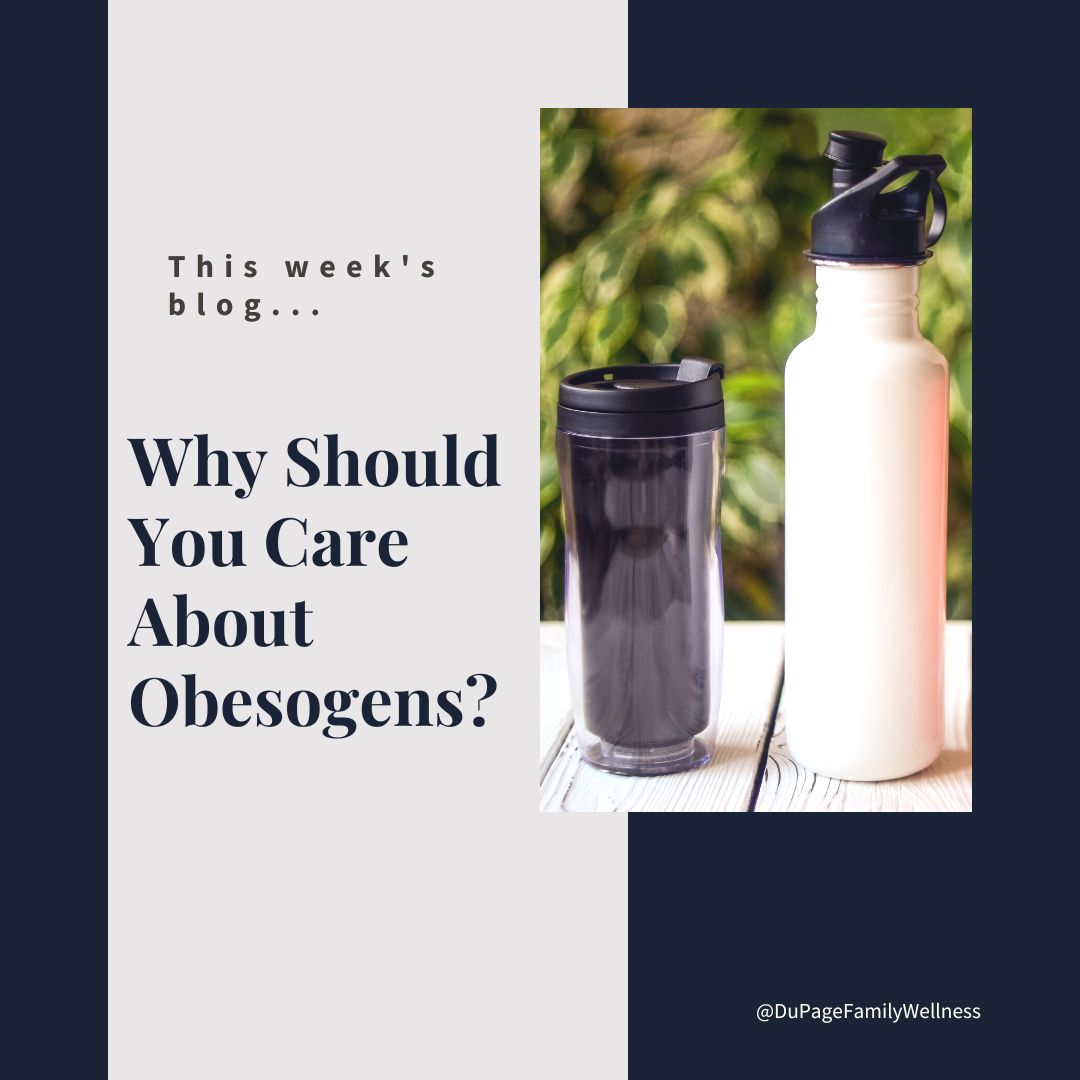 Did you know that there are hormone-disrupting chemicals that may predispose people to obesity? Would you believe these chemicals are common in our homes today?
Did you know that there are hormone-disrupting chemicals that may predispose people to obesity? Would you believe these chemicals are common in our homes today?
While most people think obesity is caused by consuming more calories than are burned, there is more to the story. Hormones play a large part in maintaining a healthy weight, so avoiding chemicals that interfere with them is key.
Even if you are not concerned about losing weight, do you really want chemicals messing with your hormones? For most of us, the answer is an emphatic no.
Let’s take a look at obesogens and how to avoid them. I promise not to get too technical on you!
What are Obesogens
Obesogens are chemicals that interfere with the endocrine system and disrupt regular hormone activity. This impacts your metabolism, energy levels, fat storage, as well as many other crucial functions of the body.
There are about a thousand of these chemicals used in commerce today. The most common are…
- Bisphenol-A (BPA)
- Phthalates
- Atrazine
- Organotins
- Perfluorooctanoic Acid (PFOA)
Where Obesogens Are Found
Most products have an ingredient list, but with a thousand endocrine-disrupting hormones used in manufacturing today, it is impossible to keep track of all of them.
The "Think Dirty - Shop Clean" app is designed to help you identify how products measure up. You simply type the name of your home or beauty product into the app, and it will give you a rating on how toxic the product is. For some products, you can even just scan the barcode.
The Environmental Working Group website is another great place to learn about toxins in water, food, and personal products. Try plugging in a few of your commonly used products to see their rating.
Some places you may want to watch out for are…
- Body products - shampoo, soap, perfume, makeup, nail polish, lotion
- Cleaning supplies - detergent, dryer sheets, air fresheners
- Food - processed food, seafood, microwaveable meals, food stored in plastic
- Drinks - canned drinks, tap water
- Household products - non-stick pans, plastic containers, stain-repellant
What to Do
It can be quite overwhelming to discover all the products that contain obesogens. We need to remember that there is no perfect way to handle this. If we try to limit all exposure, it will be next to impossible. Chances are the anxiety created from this attempt will be worse for your health than minimal exposure.
Do the best you can to make reasonable changes over time. You may need to get creative if cost is a factor; perhaps you can go to a thrift store or request the products you want for a gift.
Where to Begin
If you need a place to start, follow the suggestions below…
- Wash your hands - use a good hand soap to rinse off any residue of endocrine disruptors.
- Get rid of plastic - use glass or stainless steel containers (water bottles, food storage). Bring cloth bags when you shop, and focus on getting wooden or cotton toys.
- Replace nonstick cookware - opt for cast iron, ceramic, glass, or stainless steel.
- Eat real food - choose fresh meats and produce rather than food made in a factory.
- Purify your water - use a water filtering system, and store the water in glass jars.
- Clean your home - vacuum and dust frequently to reduce particles in the air. Use non-toxic products to clean your home.
If this information is overwhelming you, take a breath. We aren’t striving for perfection just to walk towards healing step-by-step.
Dr. Jamie
P.S. Ask me about the locally made, non-toxic products we carry from "A Dirty Hoe."
